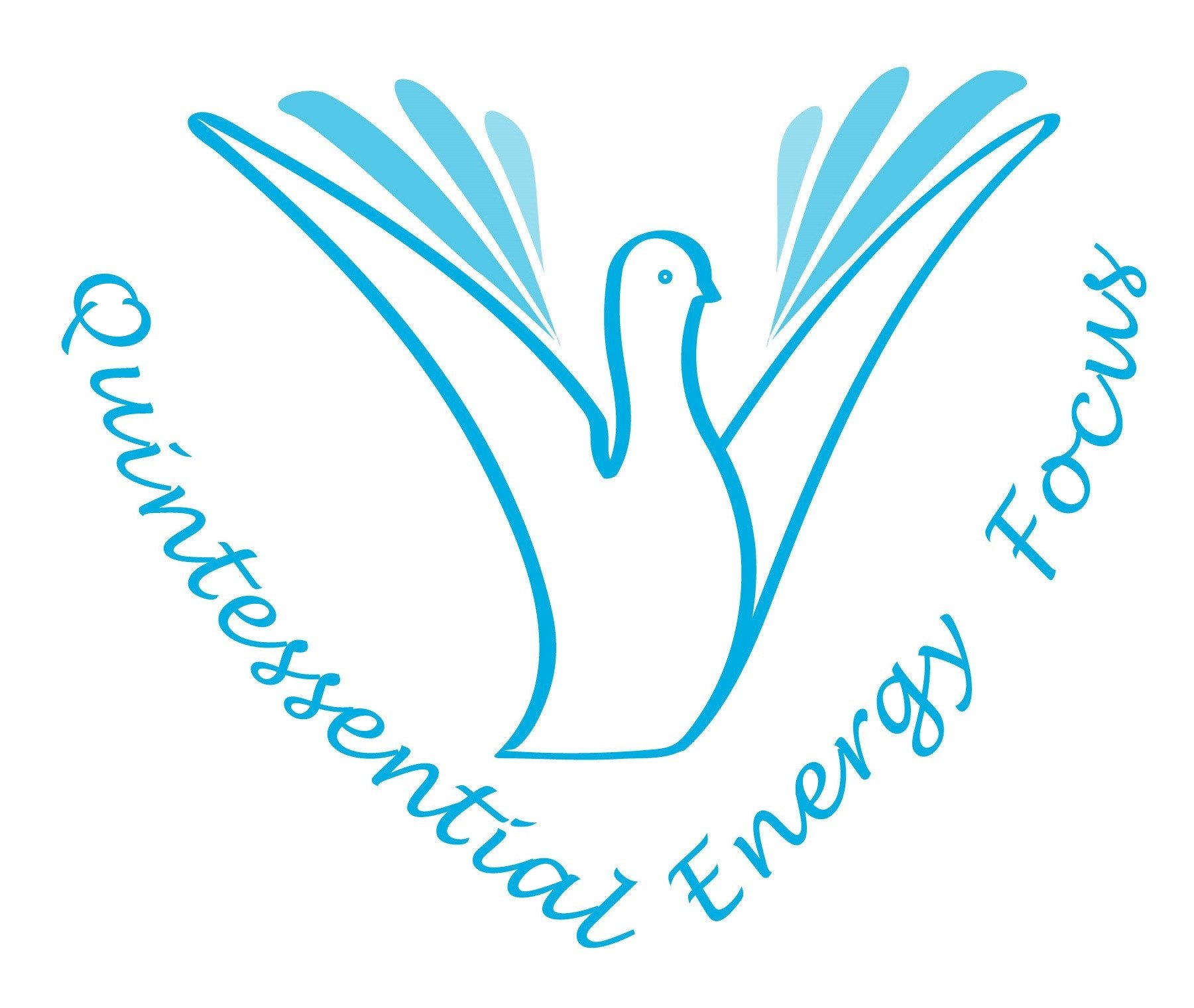TRAUMAS...
Do you know the difference between big traumas and small traumas?
In my field, we refer to them as “Big T” and “small t”.
I think there’s a misunderstanding about the word trauma. Whenever people see that word, they think of big dramatic events such as rape, war, abuse, fatal accident, etc. Those are BIG Ts.
But there is more to traumas.
For example, someone told me her life is great and she had a fantastic childhood. Her parents were loving people. But here she is, afraid of making left turns when she drives. And, she doesn’t know why.
Shortly into the session, we uncovered the reason: as a child, her entire family almost got into a fatal car accident due to a careless left turn.
It shook them so much she remembers the event vividly decades after it happened. That’s trauma and it was forgotten as they survived. Let’s say it’s a small t because it was ‘inconsequential’ in her mind.
THE TRAITS
Unbeknown to her, her event meets the 4 traits of a traumatic event:
- Threat
- Powerlessness
- Isolation
- Unexpectedness
In other words, the event must:
- Be a perceived threat to physical survival
- Overwhelm coping capacity, producing a sense of powerlessness.
- Produce a feeling of isolation and aloneness.
- Violate expectations.
If one of these four conditions is met, there is a high chance our psyche may encode the memory as a traumatic event.
In this person’s event, all 4 characteristics were met:
- She almost died (threat to physical survival)
- She was powerless in the backseat
- She was alone in the backseat
- It happened unexpectedly
CONSEQUENCES OF DISMISSING TRAUMAS
Yet, all these years, she didn’t deem it a trauma. And, her body keeps score unconsciously. It remembers.
As you examine your life history and you notice fear, resistance, or struggle with certain behaviours, actions, events, or situations, I invite you to quiet down and allow your body to remember and release.
If you can’t pinpoint, that’s a sign you need to work with a trained professional. There’s a reason why we pay big bucks to get trained: to help people like yourself who aren’t interested in this kind of thing.
Here’s the thing with letting “small t” unaddressed. Over time, it builds up our emotional baggage.
If you need help or know someone who may need help with addressing their emotional baggage, let's chat.

